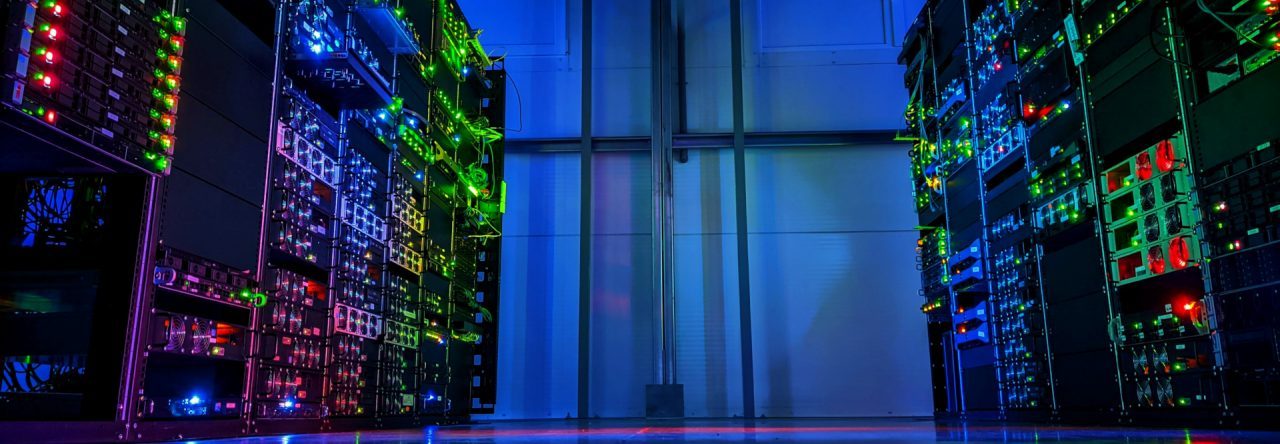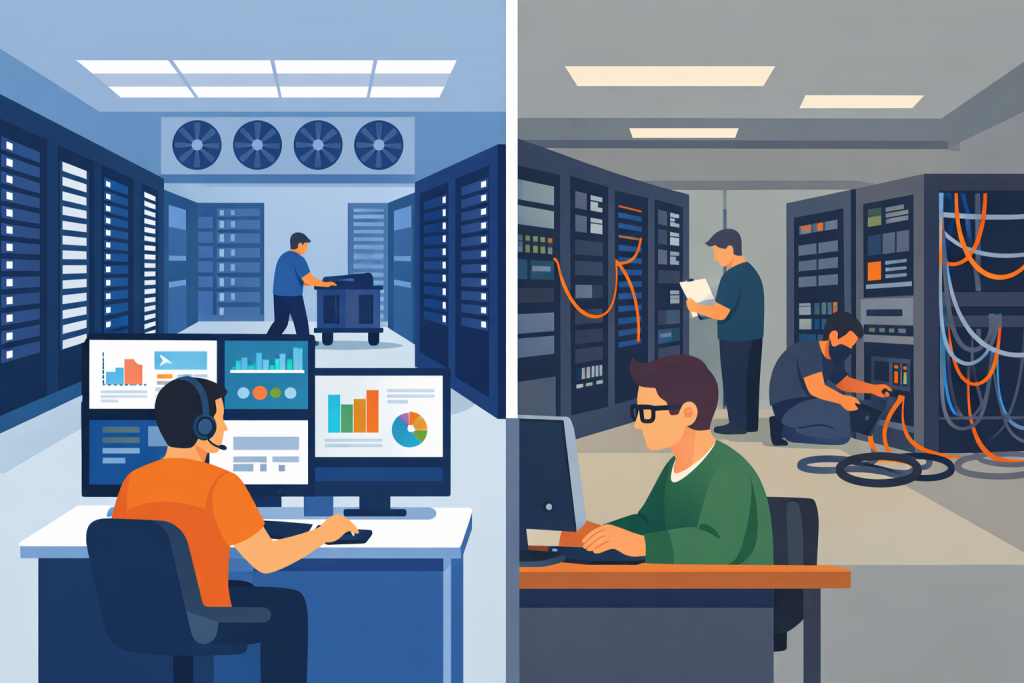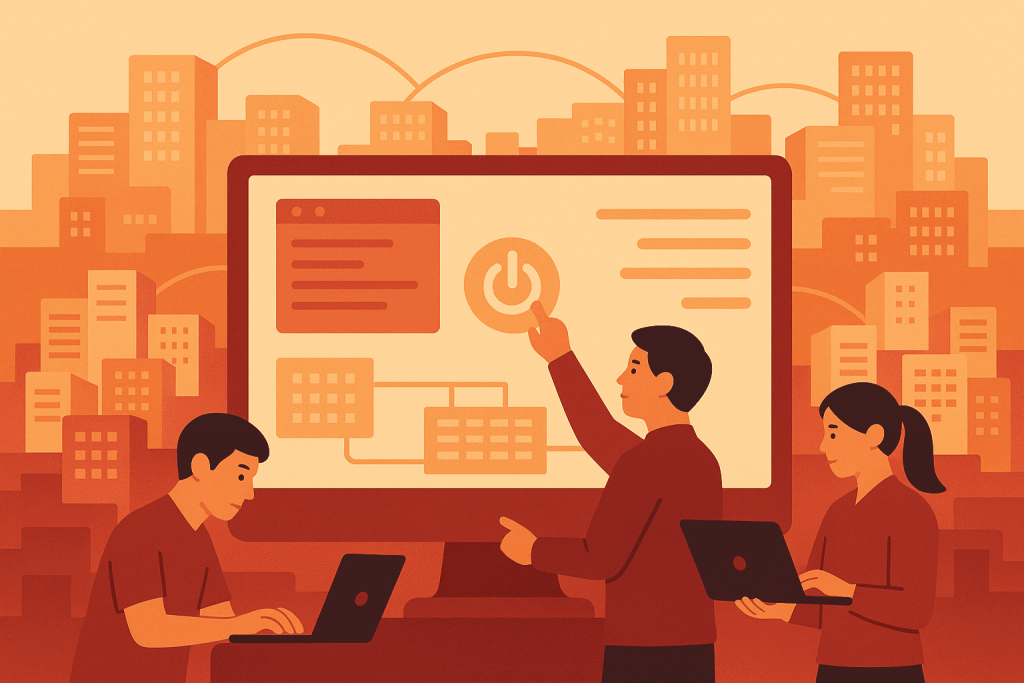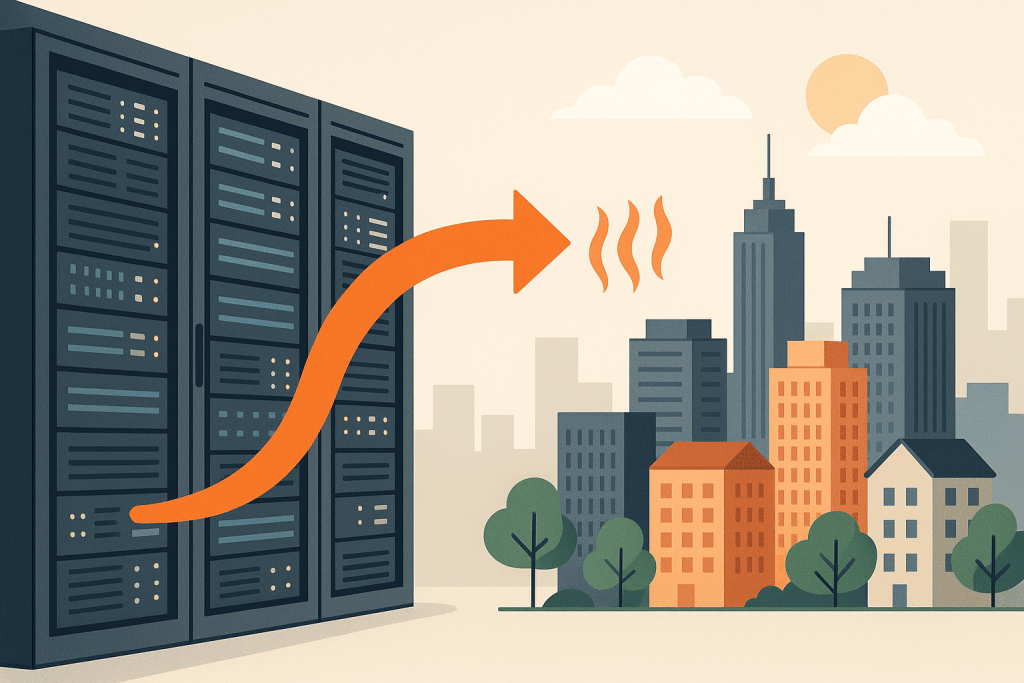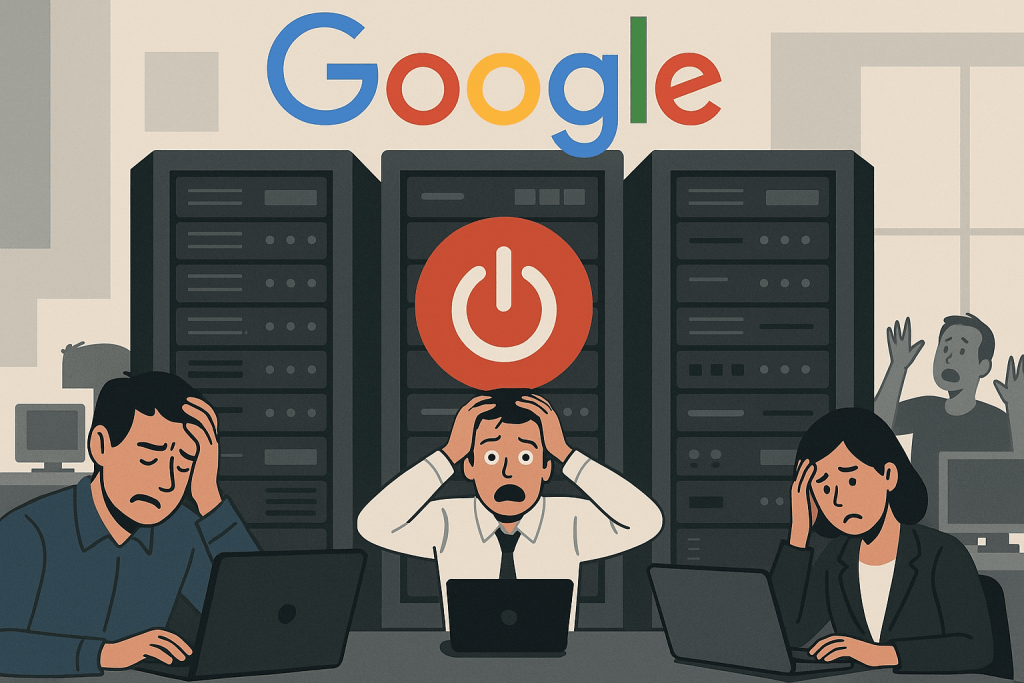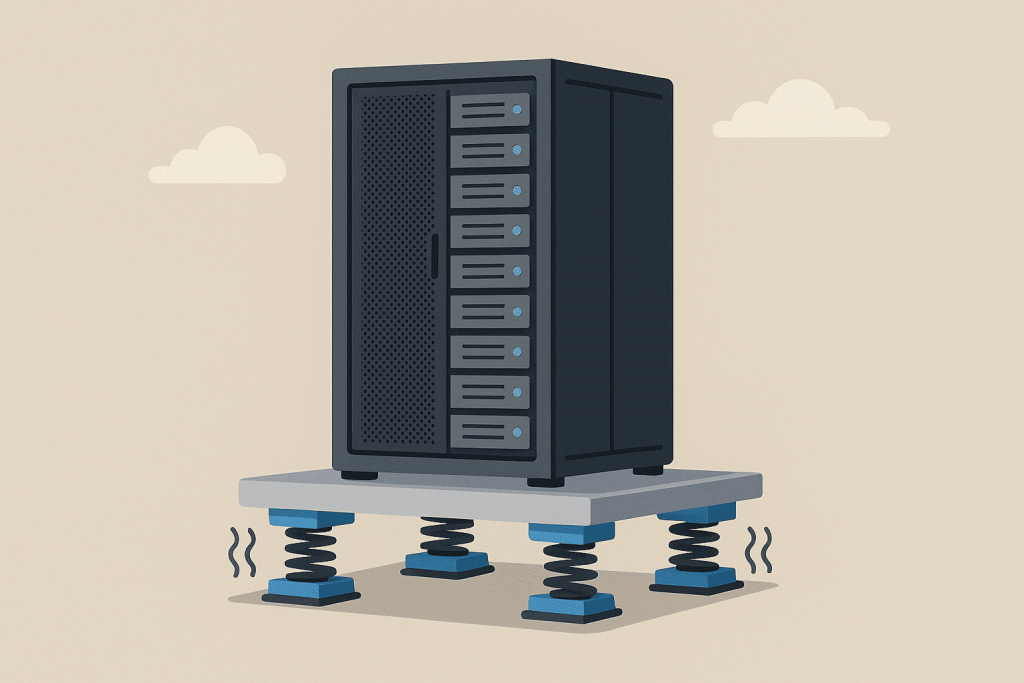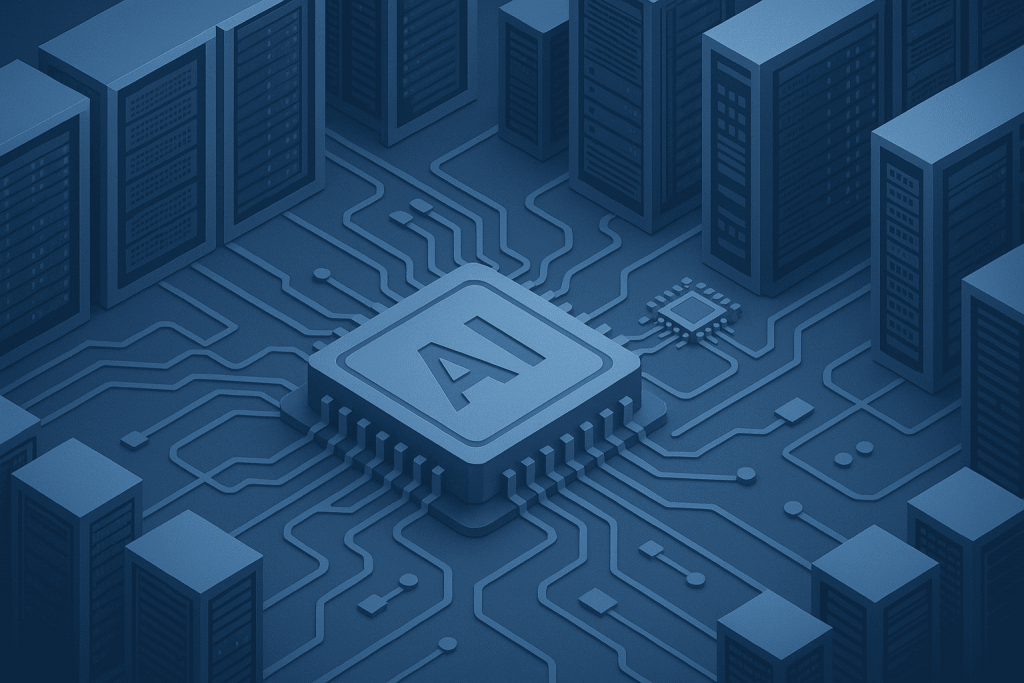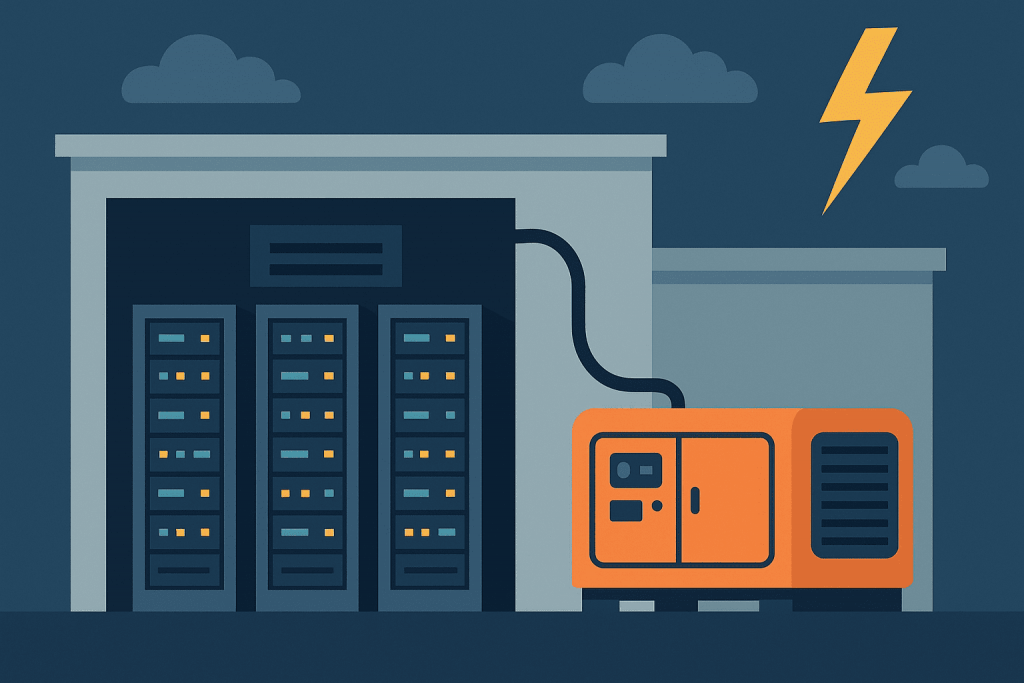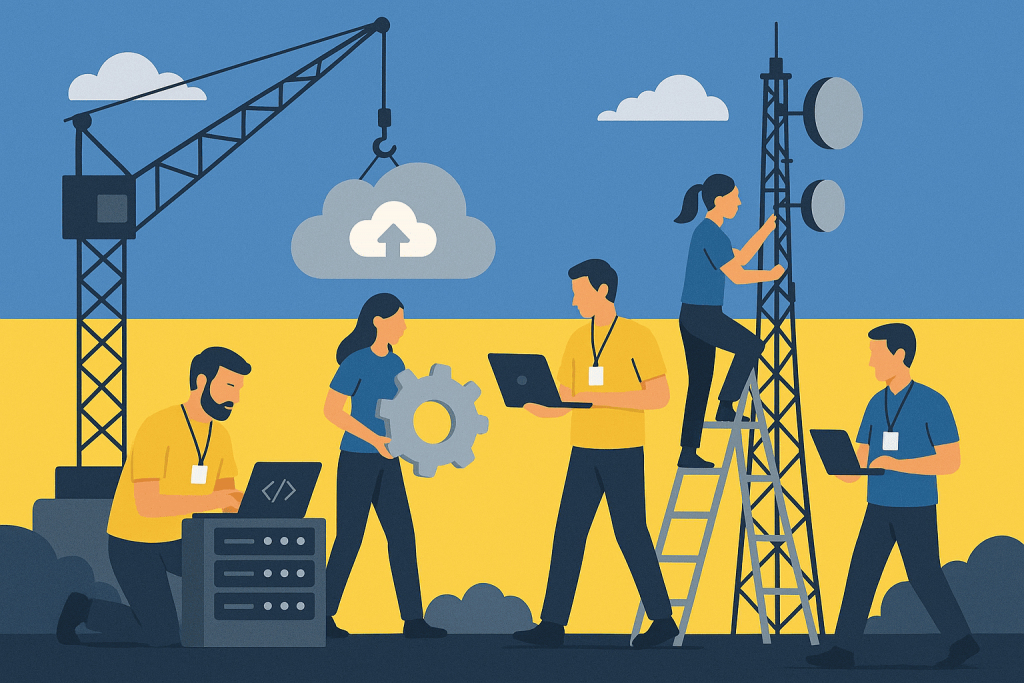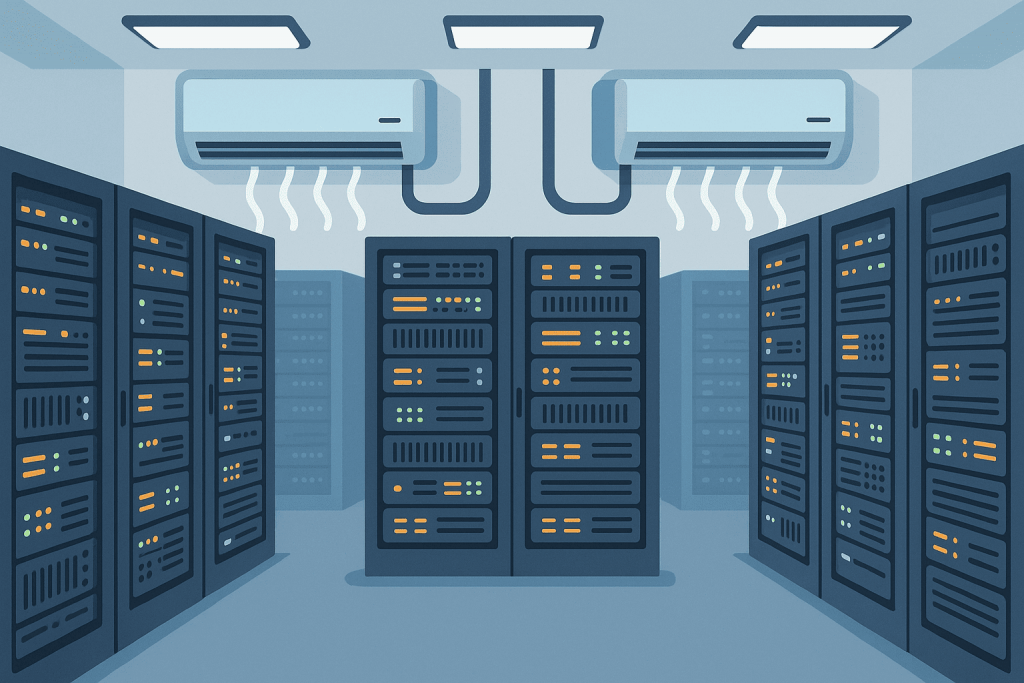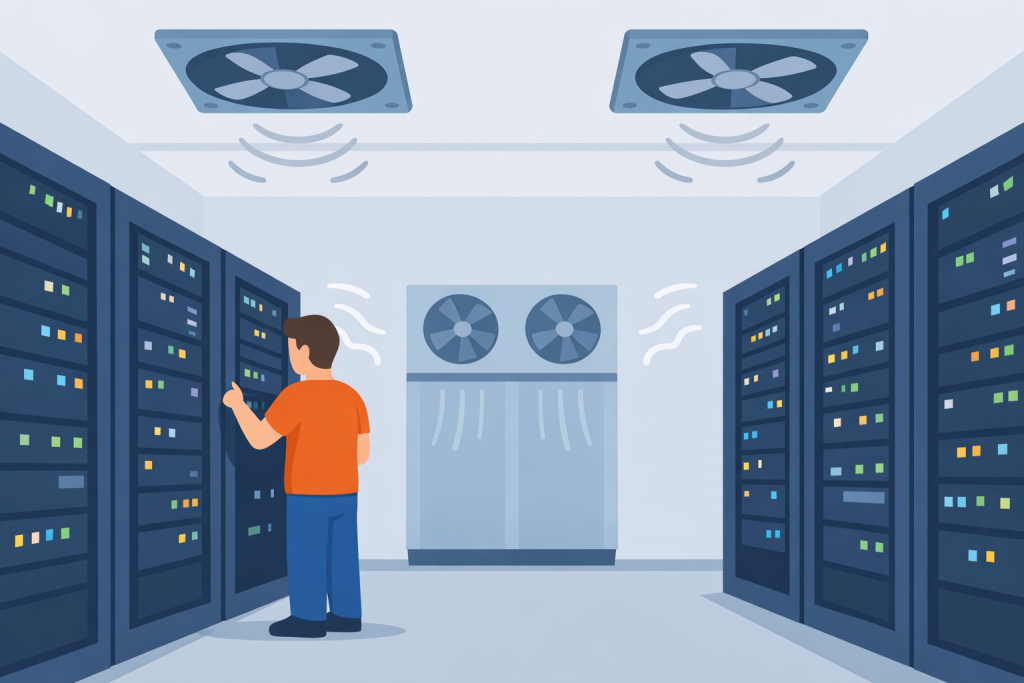
For most people, a data center is associated with something abstract: “servers are somewhere there, and they just work.” But those who have entered a real data center at least once almost always notice the same thing — a constant, steady, and fairly loud noise. It does not resemble the sound of an office air conditioner or a household fan. It is a background hum that does not disappear day or night and has very practical reasons.
